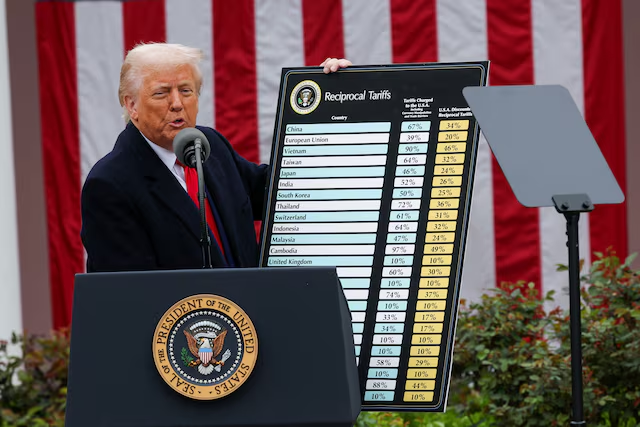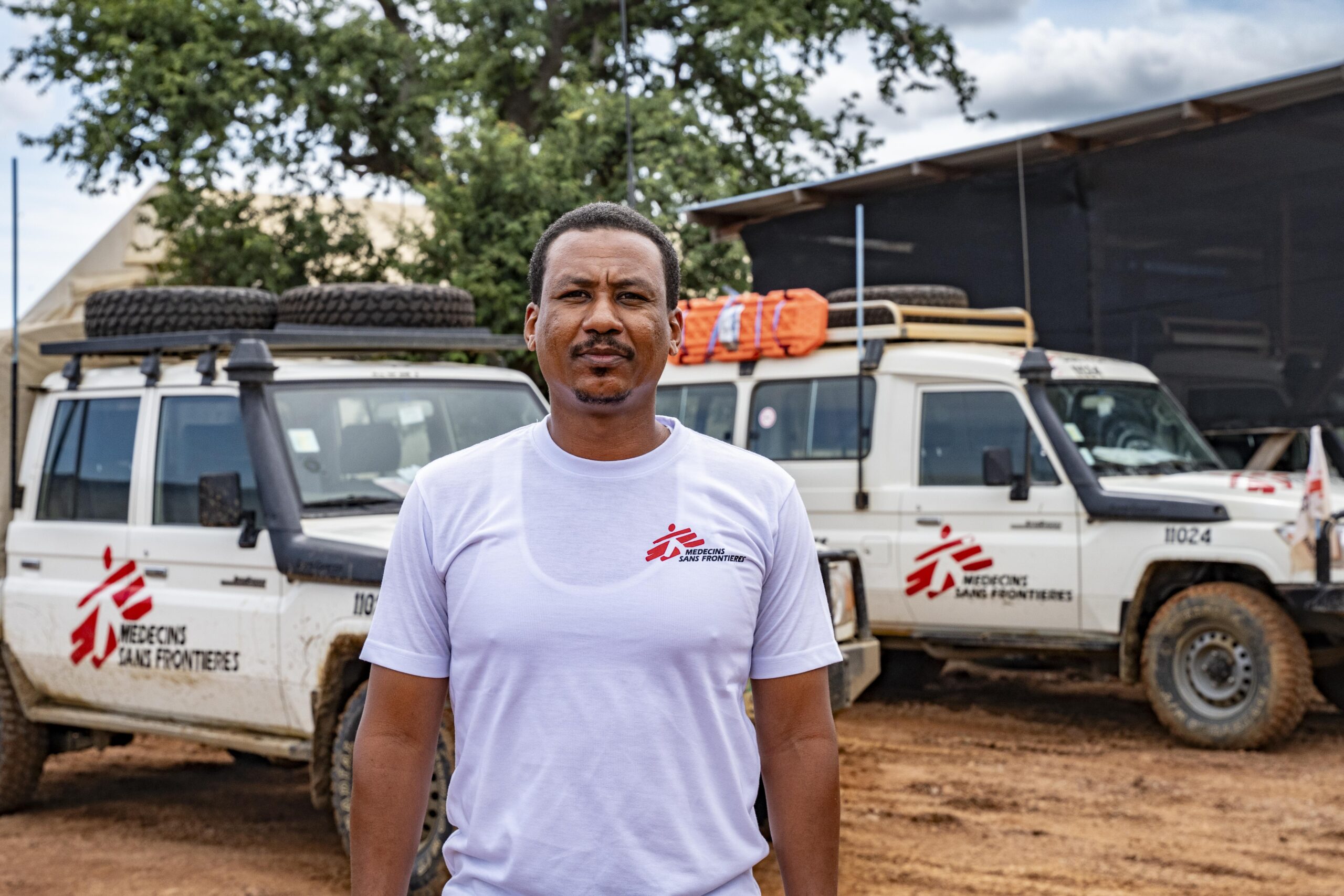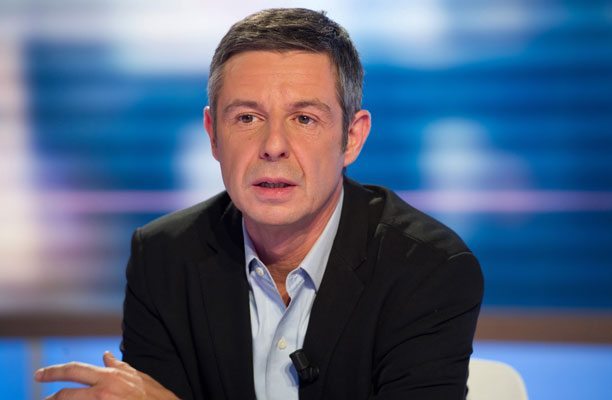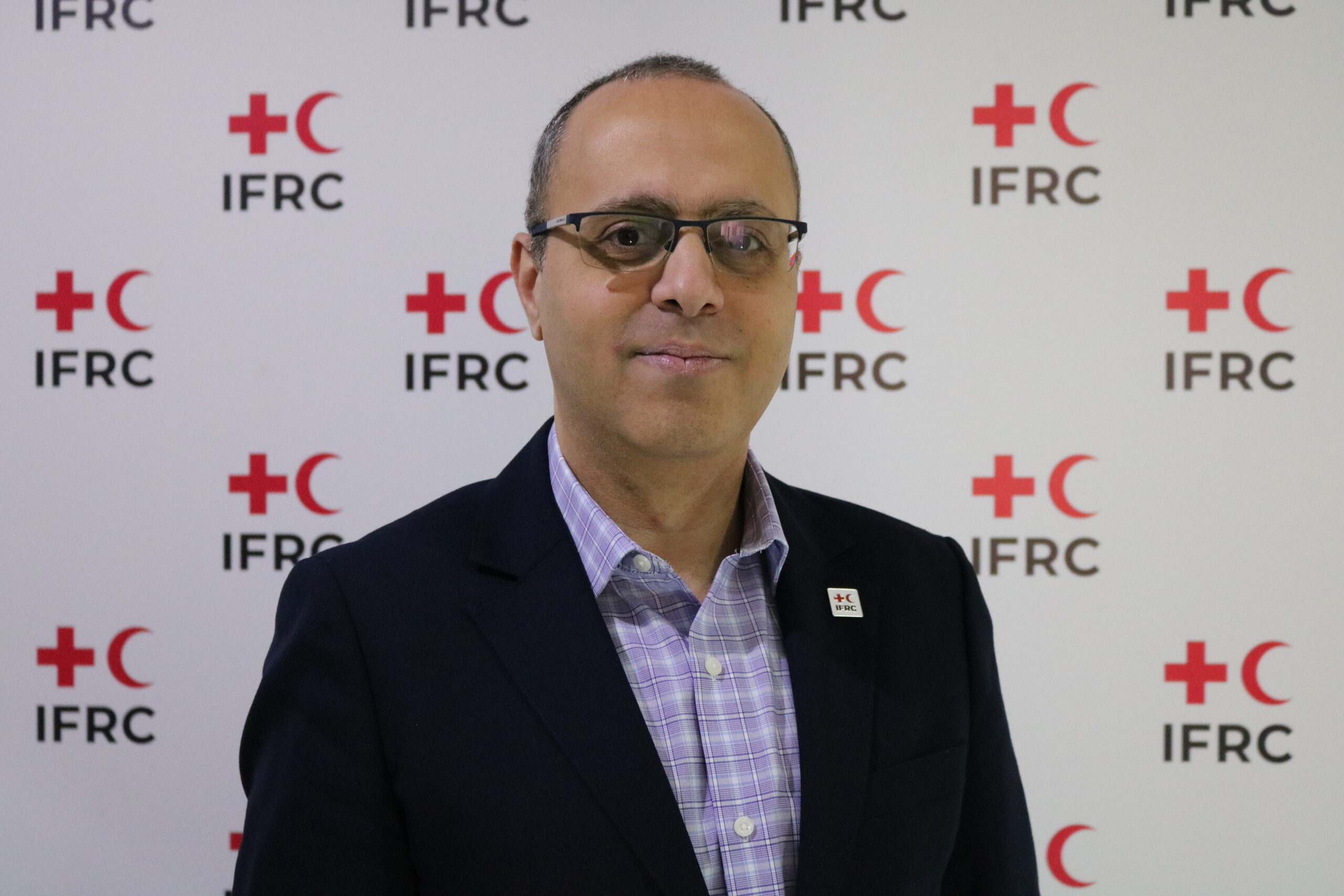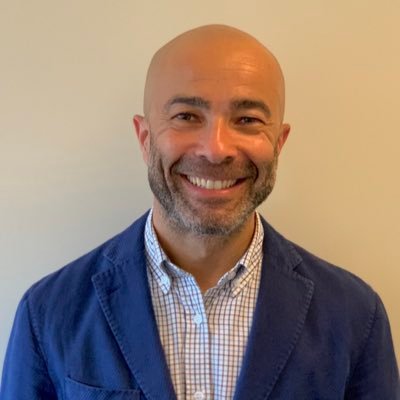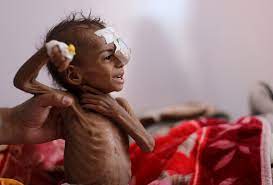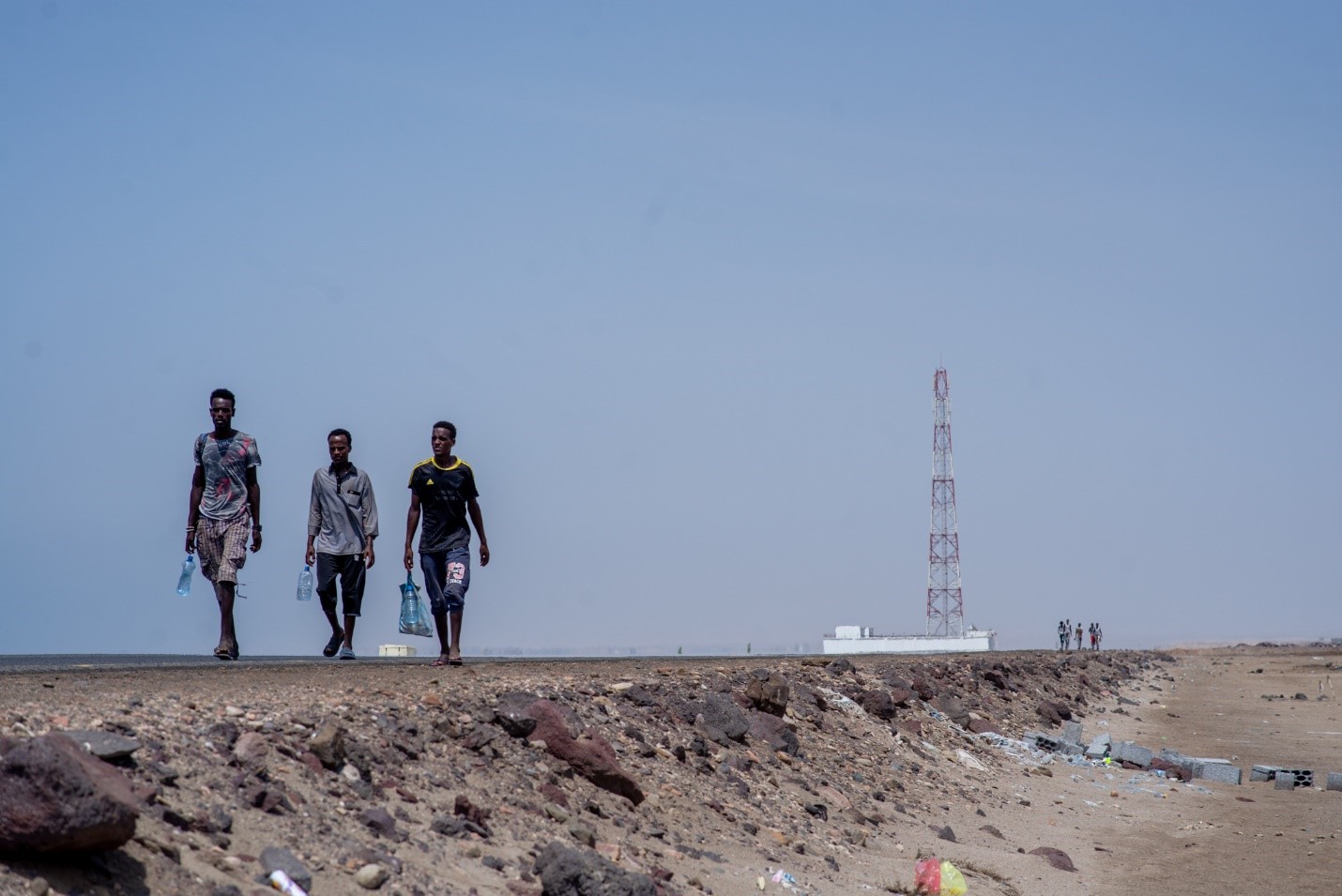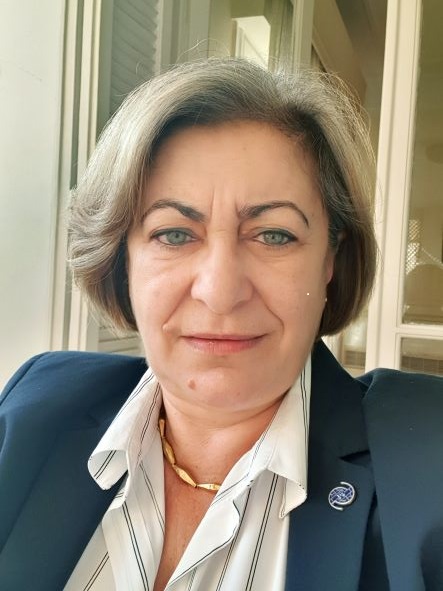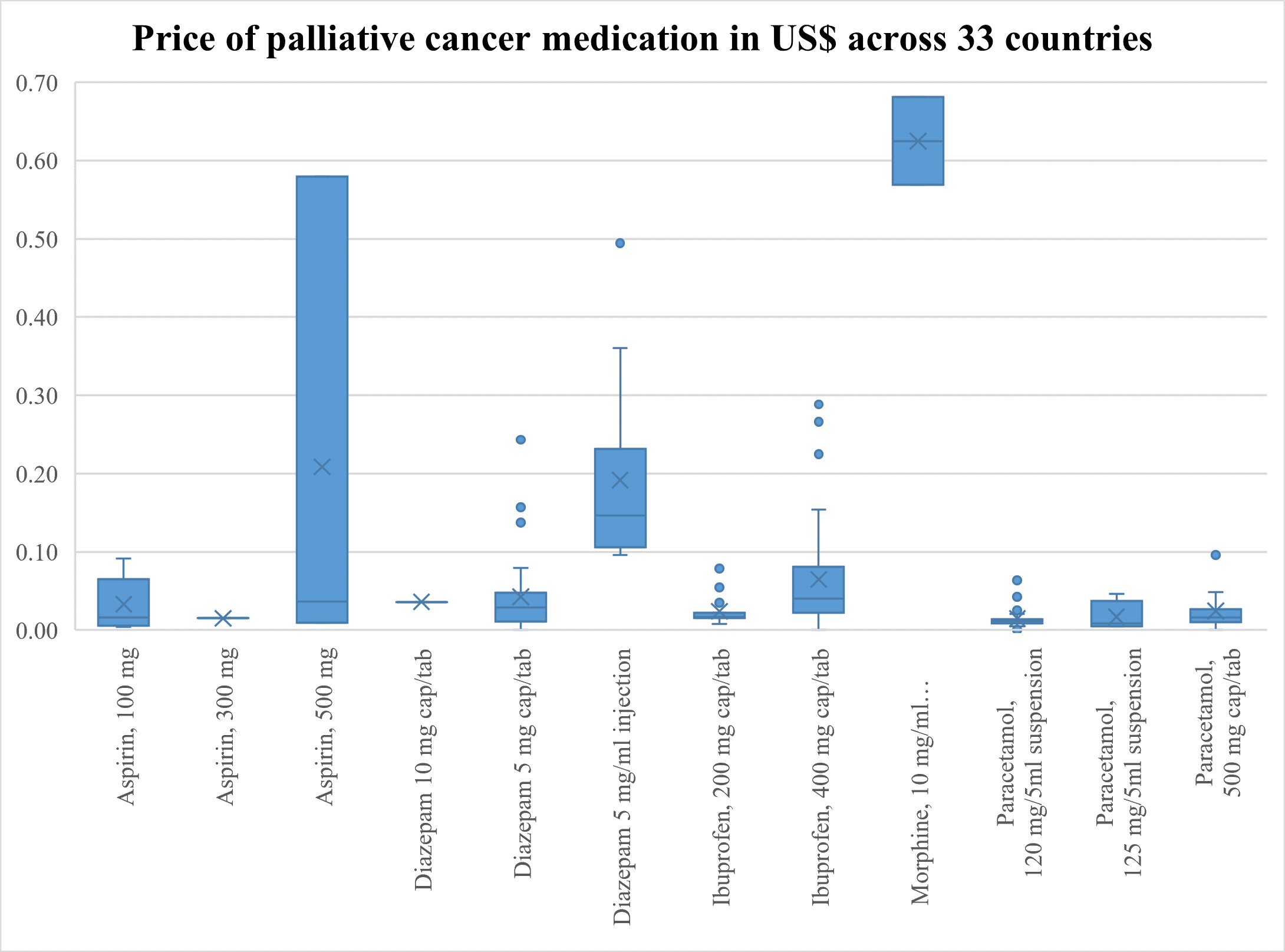Why aid for Syria must shift away from boxes
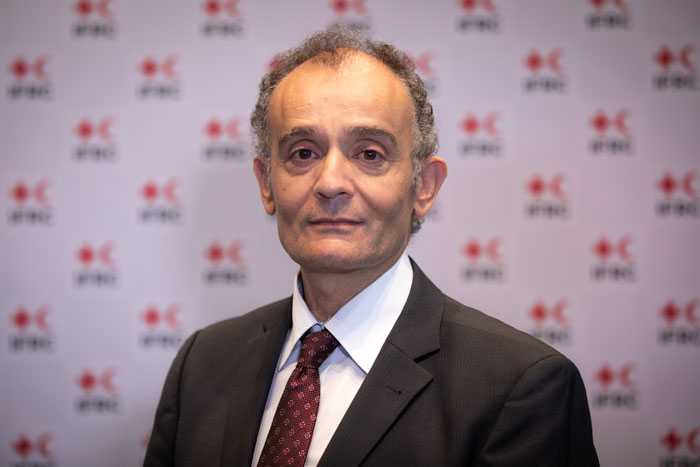
Hossam Elsharkawi
After more than ten years of conflict in Syria, a major shift in humanitarian aid is urgently needed. Solidarity with Syrians is a must, but the nature of this solidarity should change.
People in Syria want to work. They want to get their dignity back by managing their own income. They do no longer want to receive relief boxes.
Humanitarian agencies need to allow people to have control over their own lives. With food and relief item parcels, in the end, it is always someone else who decides what to put in the box, no matter how well we have listened to communities. With parcels, we cannot accommodate everyone’s wishes.
The shift away from aid delivered in boxes will not happen overnight, but it is the only way we can continue humanitarian support while treating people with respect and dignity.
During my visit to Syria a few weeks ago, I went to Homs, where the Syrian Arab Red Crescent (SARC) and the International Federation of Red Cross Red Crescent Societies (IFRC) and have been providing support. In the area I visited, we had provided the local communities with electric water pumps and irrigation pipes. Later on, the community themselves invested in solar panels to be able to keep the pumps running despite the lack of electricity.
With this equipment, they are able to keep their fields green, with potatoes growing. In addition, they have enough to provide for their increasing number of goats and sheep. After this approach, the families are now off the “beneficiary” list. They are self-sustaining.
With the lessons learned from this project, similar water pumps have been provided for more than 2000 families in Deir ez-Zor, benefiting around 10,000 people.
One lady told me that it feels so good to generate her own income again. She can now make decisions for herself and her family. It has helped her to regain her dignity and provided her with the best psychosocial support possible: the feeling of independence.
Another modality of aid that ensures that people can decide their own priority needs and preserves dignity is cash. After the huge wildfires in the coastal governorate of Latakia, SARC assessed which of the affected families were the most vulnerable and provided them unconditional cash support. This was done with IFRC’s technical support and funding.
Cash works the same way as a food parcel, quickly responding to people’s most urgent needs. For many, it means buying food, but for others, it might mean replacing kitchen utensils or farming tools destroyed by the fire or buying medicine or schoolbooks.
Most of the people I met in Syria wanted to talk about their future rather than the bitter past. They asked me how they can reconstruct their houses or send their kids to schools. Communities are ready to rebuild their own lives.
In addition, the solidarity within communities is extraordinary. In Douma, near Damascus, community members came together to build a hospital, which will be managed by SARC. More than 30,000 families living in the city have been without a hospital since the old one was destroyed during the conflict. When I visited the new hospital building under construction, I saw that ordinary people, who haven’t yet been able to get back to work, are contributing to this project. Despite their own financial constraints, they committed to helping build something to be shared with the whole city. Again, the community wanted to take control over their own lives, priorities, and contribute to what they feel they needed most, not through a decision from a donor funding a project.
The health system is barely coping in Syria, arguably disintegrated. The socio-economic system and local currency have nearly collapsed. Essential social services are disrupted leaving the elderly, disabled and women-headed households with no support. Many families are still separated. The country is isolated, suffering from sanctions. How can we help people live with dignity in such a context?
We can do that by empowering them via small-scale livelihood projects and upscaling cash interventions that amplify independence and self-reliance; seeds that grow, feed villages and generate income.
We need to fund people in Syria to manage small-scale projects that provide them with a big sustainable impact. Instead of providing relief boxes that might last a week or a month, we give them the opportunity to work, earn, decide, and grow.
These are small, but very important steps towards helping communities to bounce back and to treat them with dignity.
Hossam Elsharkawi is the Regional Director of the IFRC in the Middle East and North Africa. He has over 30 years of professional experience in the humanitarian world, spanning assignments in more than 35 countries.


